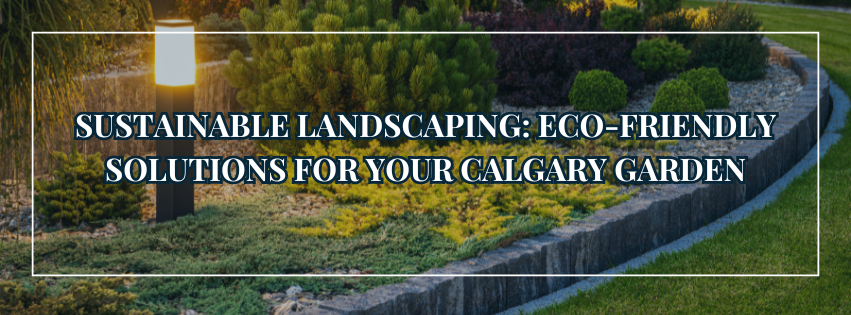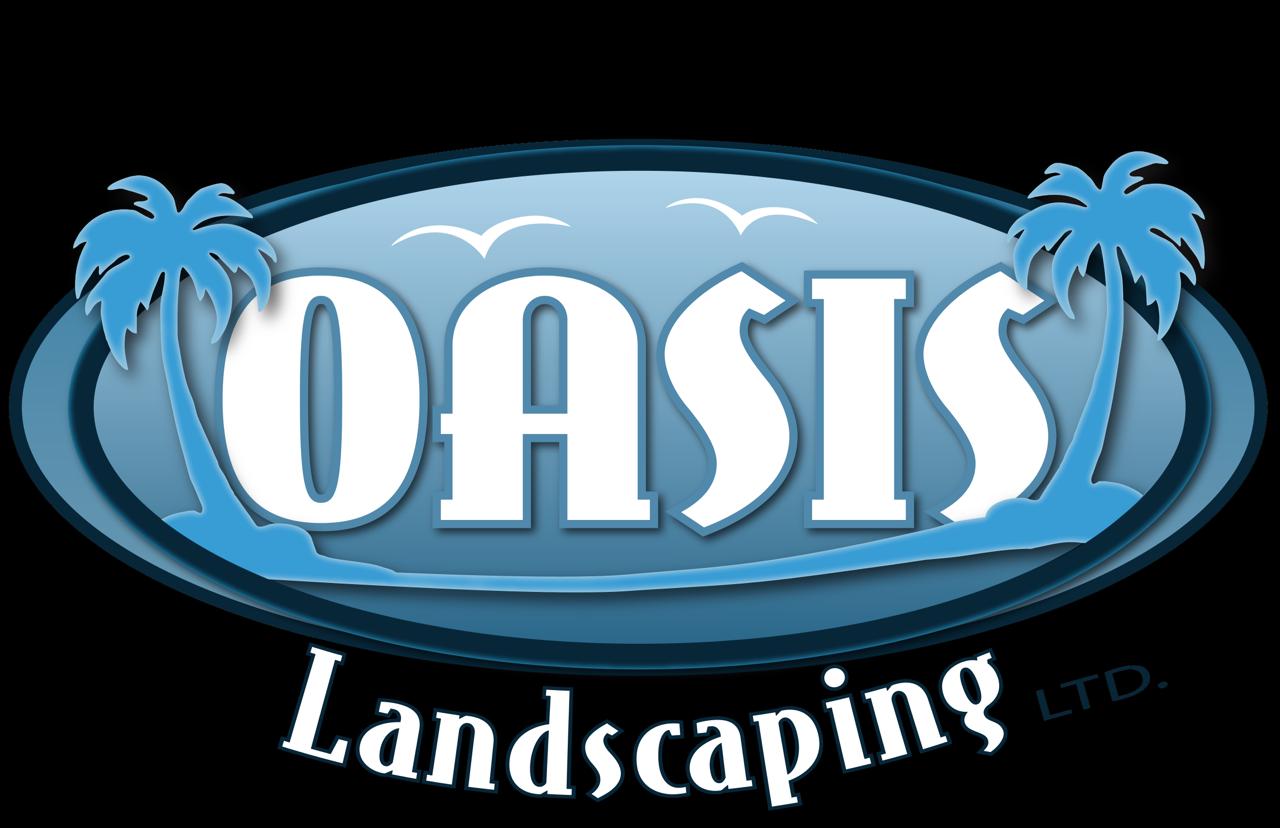
Calgary homeowners take pride in their landscapes, but with environmental challenges like climate change and water scarcity, sustainable gardening practices are becoming increasingly essential. At Oasis Landscaping, we advocate for responsible landscaping that not only enhances beauty but also promotes environmental stewardship. This comprehensive guide explores key principles and practices to help transform your Calgary garden into a thriving, eco-conscious oasis.
Xeriscaping Principles: Water-Wise Gardening
Water conservation is critical in Calgary, where residential outdoor water use peaks during the summer months. Xeriscaping offers a solution by minimizing water consumption through strategic landscaping techniques:
Drought-Resistant Plants
Choosing plants adapted to Calgary’s dry climate reduces water needs significantly. For instance, selecting ornamental grasses like Blue Fescue (Festuca glauca) and Feather Reed Grass (Calamagrostis acutiflora), which thrive in arid conditions, can dramatically cut down on irrigation requirements.
(Source: City of Calgary Water Efficiency Plan)
Mulching
Applying a layer of mulch around plants helps retain soil moisture, suppresses weeds, and moderates soil temperature, reducing the frequency of irrigation. Organic mulches such as wood chips or compost also contribute organic matter to the soil, improving its structure and nutrient content over time.
(Source: City of Calgary Water Efficiency Plan)
Efficient Irrigation Systems
Installing drip irrigation or soaker hoses ensures water is delivered directly to plant roots, minimizing runoff and water waste. These systems can reduce water usage by up to 50% compared to traditional sprinklers, making them not only water-efficient but also cost-effective in the long run.
(Source: City of Calgary Water Efficiency Plan)
Rainwater Harvesting: Utilizing a Valuable Resource
Calgary receives an average of 40 cm of rainfall annually, which can be harnessed through rainwater harvesting techniques:
Rain Barrels
These simple containers collect rainwater from roof downspouts for later use in watering gardens or washing vehicles, reducing reliance on municipal water. According to the City of Calgary, a single rain barrel can save up to 1,300 gallons of water during the peak summer months.
(Source: [City of Calgary – Rain Barrels](https://www.calgary.ca/water/programs/rainbarrel.html))
Rain Gardens
Designed to capture and absorb rainwater runoff, rain gardens mitigate stormwater runoff, alleviate pressure on drainage systems, and provide natural irrigation for plants. They are typically planted with native species that thrive in moist conditions, enhancing biodiversity and reducing the impact of urban runoff on local water bodies.
Using Native Plants: Benefits for Your Garden and Environment
Incorporating native plants into your garden offers numerous advantages tailored to Calgary’s ecosystem:
Reduced Maintenance
Native plants are naturally adapted to local conditions, requiring less water, fertilizer, and pesticides compared to non-native species. For example, the Western Red Lily (Lilium philadelphicum) and the Western Yarrow (Achillea millefolium var. occidentalis) are native perennials that thrive in Calgary’s semi-arid climate with minimal intervention.
(Source: University of Calgary – Native Plant Resources)
Habitat Creation
Native plants attract pollinators like butterflies and bees, supporting biodiversity and enhancing ecosystem health. According to the University of Calgary, native gardens can host up to four times as many pollinator species compared to non-native landscapes.
Supporting Local Ecosystems
By planting native species, you contribute to preserving Calgary’s natural balance and supporting local wildlife populations. For instance, the Narrowleaf Cottonwood (Populus angustifolia) provides essential habitat and food for various bird species, contributing to urban biodiversity conservation efforts.
Composting and Soil Health: Foundation for Sustainable Growth
Healthy soil is fundamental to a successful garden ecosystem. Composting offers a sustainable solution to improve soil quality:
Nutrient-Rich Soil
Compost adds essential nutrients to your soil, promoting healthy plant growth and reducing the need for chemical fertilizers. According to the City of Calgary, compost-amended soil retains moisture better, which is crucial for supporting plant health during dry periods.
(Source: City of Calgary – Composting Resources)
Improved Soil Structure
Enhanced soil structure from compost improves drainage, aeration, and root penetration, promoting healthier plants and resilience against drought. Mixing compost into heavy clay soils can also break up compacted soil, allowing for better root development and water infiltration.
Waste Reduction
Composting kitchen scraps and yard waste diverts organic material from landfills, reducing greenhouse gas emissions and creating a valuable resource for your garden. The City of Calgary provides comprehensive composting resources, including workshops and bins, to encourage residents to adopt sustainable waste management practices.
Creating Your Sustainable Oasis with Oasis Landscaping
At Oasis Landscaping, we specialize in designing and implementing eco-friendly landscapes that harmonize with Calgary’s environment and your lifestyle. Whether you’re interested in xeriscaping, native plant gardens, rainwater harvesting systems, or composting solutions, our expert team is dedicated to transforming your outdoor space into a sustainable paradise.
Contact us today for a complimentary consultation and let us help you create a garden that reflects your commitment to sustainability while enhancing the beauty and value of your Calgary home. Visit [Oasis Landscaping](https://www.oasislandscaping.com) or call (555) 123-4567 to get started on your journey to a greener garden.
